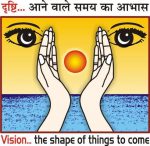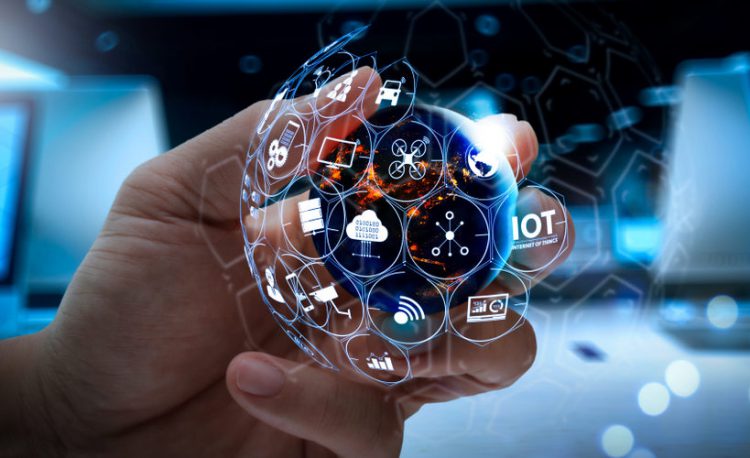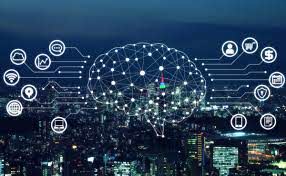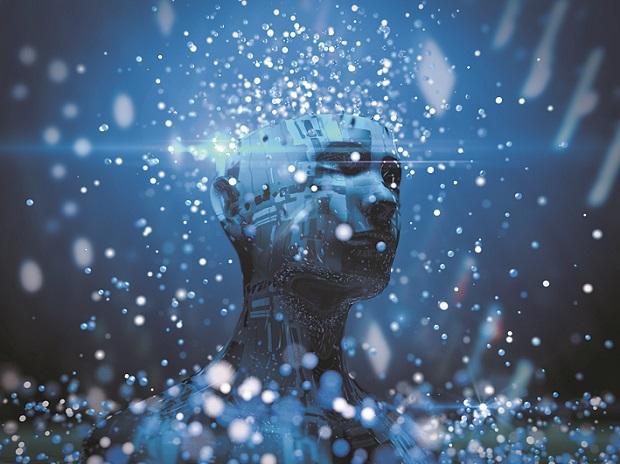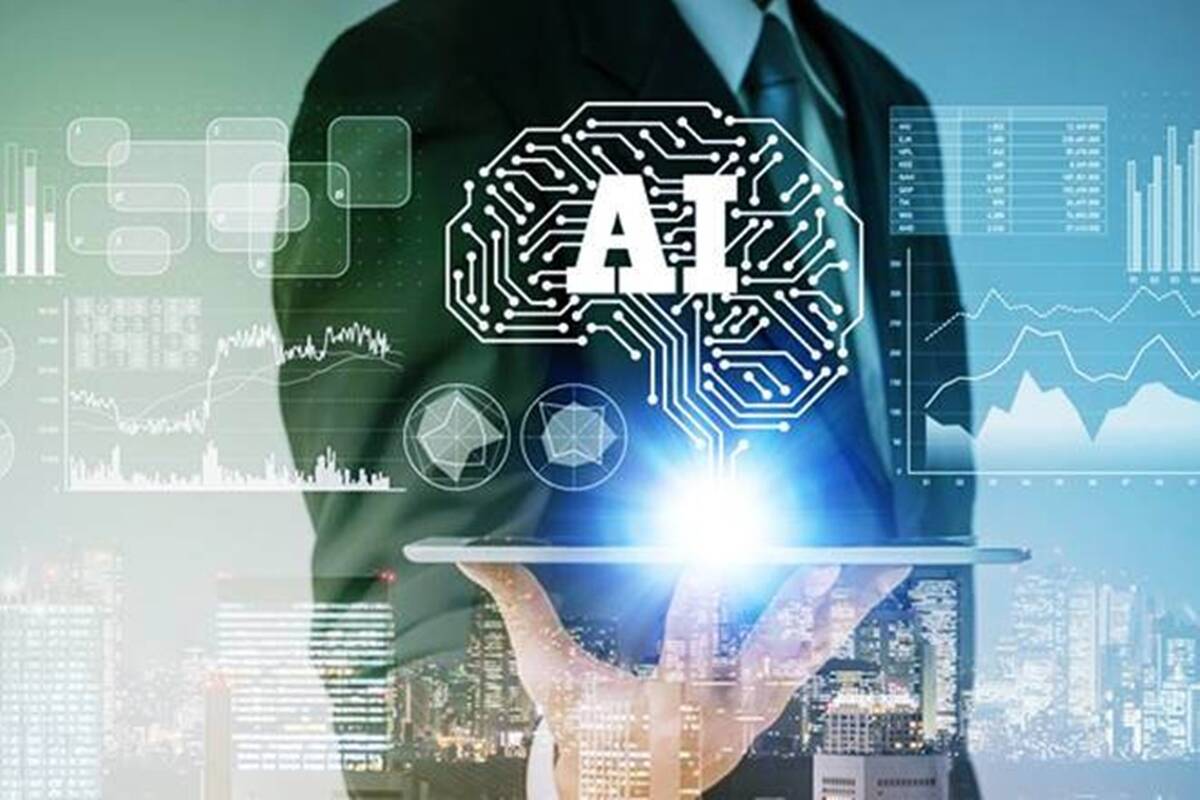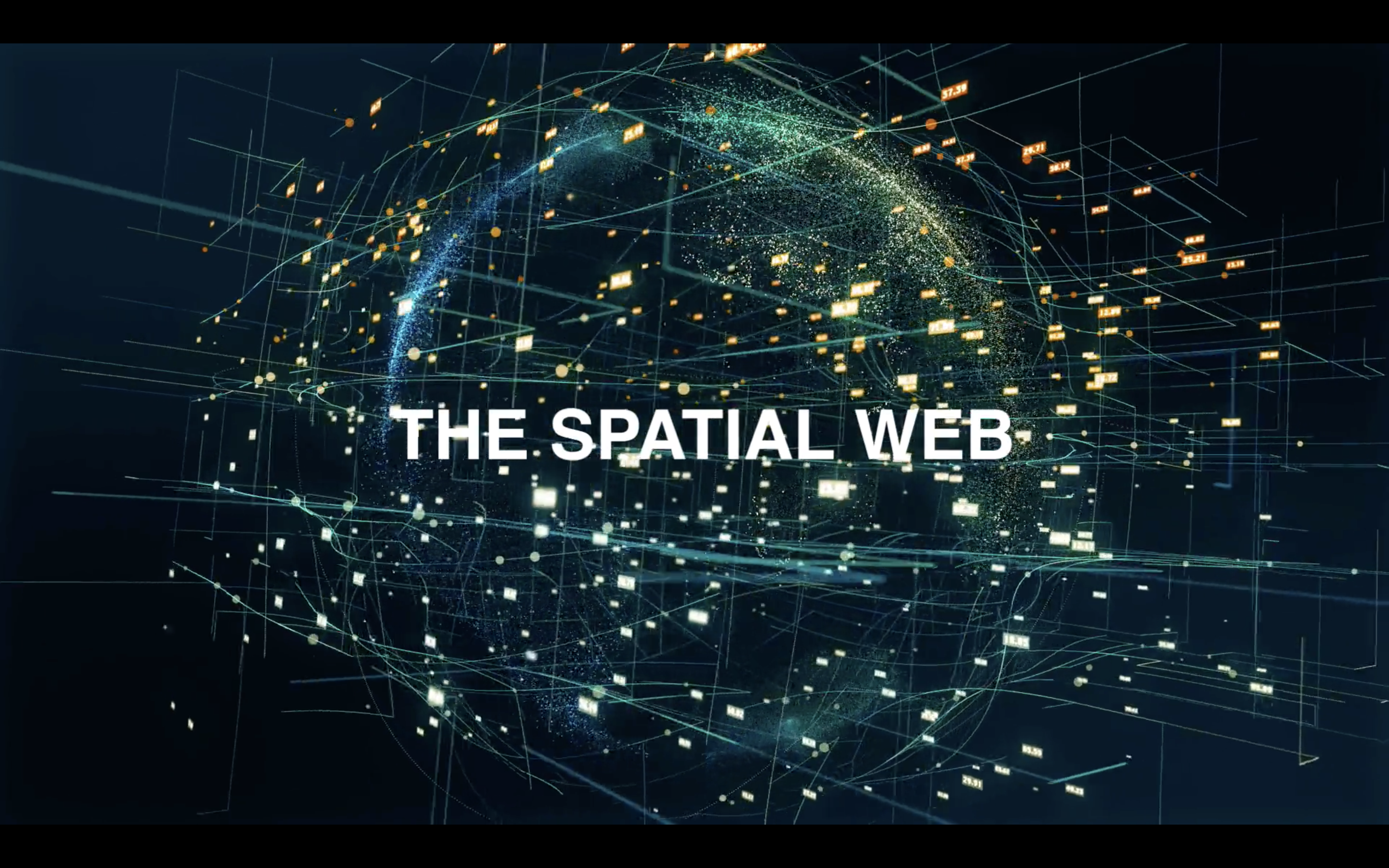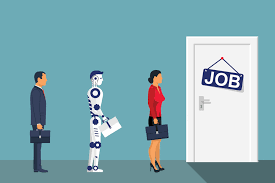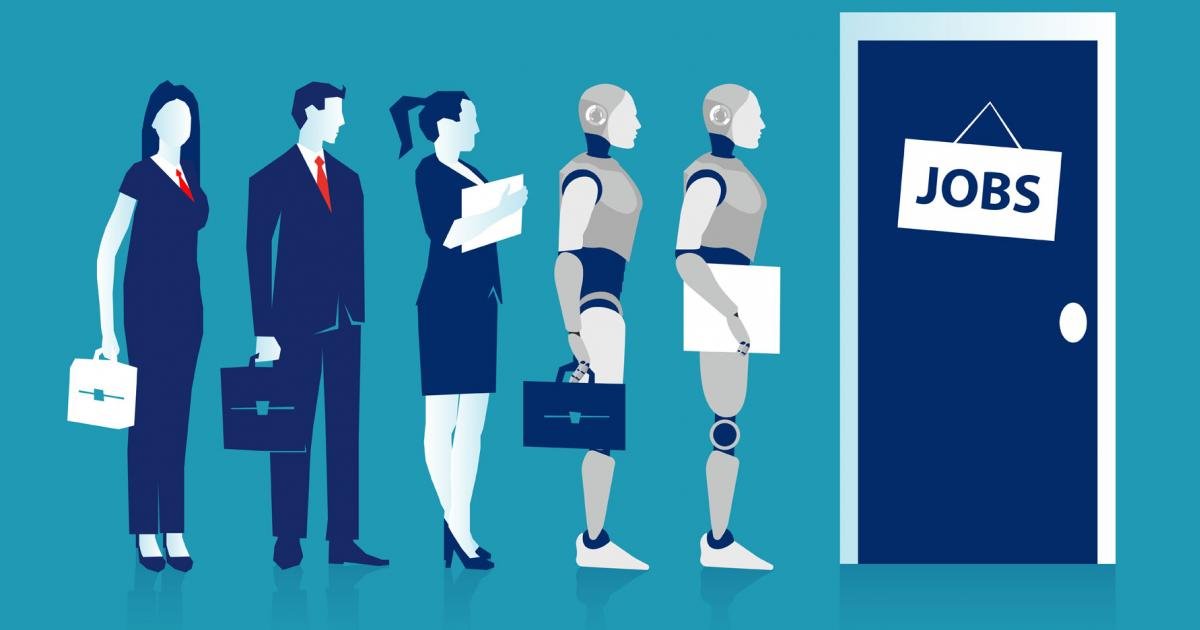What’s happening in Computer Science round the world
The field of Computer Science is witnessing new innovation and research like never before. We have reached a place where exponential technologies like Artificial Intelligence, IoT, Data Science. AR/VR, & Blockchain have become a building block for all other branches & fields. Today no part of life or business is isolated from these technologies.
Really an exciting time to be a Computer Engineer, and certainly no place can be better than Vision Institute of Technology with it’s excellent Computer Science Department. Check on few latest developments round the globe. Many are part of discussions and projects at our campus!
Emerging Technologies in Computer Science & Engineering
Technology is evolving at breakneck speed and is already defining what’s next — for every company, business and industry. For all people related to Computer Science and Technology it is most essential to understand these technologies to even stay relevant in years to come.
With emerging tech so crucial to future success, how can we move forward? Which do we choose to start with of more than 250 emerging technologies which are evolving as we speak in some far off research lab or board room? To help students get started, we have analyzed the business impact and commercial viability of more than 250 emerging technologies to zero in on the “Essential Eight.” These are the core technologies that matter most for business, across every industry, over the next three to five years.
The Essential Eight are the technology building blocks that we believe every student should try to understand. Further these are technologies which every organization must consider right now. While each developer and company’s strategy for how to best exploit — and combine — them will vary, these technologies will have a profound global impact on business, employees and customers.
Artificial intelligence & Machine Learning
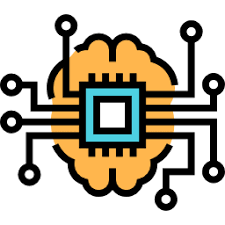
Software algorithms are automating complex decision-making tasks to mimic human thought processes and senses. Artificial intelligence (AI) is not a monolithic technology. A subset of AI, machine learning, focuses on the development of computer programs that can teach themselves to learn, understand, reason, plan and act when blasted with data. Machine learning carries enormous potential for the creation of meaningful products and services. Examples include hospitals using a library of scanned images to quickly and accurately detect and diagnose cancer; insurance companies digitally and automatically recognizing and assessing car damage; and security companies trading clunky typed passwords for voice recognition.
B.Tech (Artificial Intelligence & Machine Learning)
Realizing the demand of AI & ML, we have started new Branch from this year. Check Details.Read More
Internet of Things
The Internet of things (IoT) is a network of physical objects — devices, vehicles, appliances — embedded with sensors, software, network connectivity and computing capability that enable them to collect, exchange and act on data, usually without human intervention. Industrial IoT (IIoT) refers to its use in the manufacturing and industrial sectors, aka Industry 4.0. Both types are integral to the Fourth Industrial Revolution
B.Tech Internet of Things (IoT)
Realizing the demand of AI & ML, we have started new Branch from this year. Check Details.Read More
Data Science
Data science is an inter-disciplinary field that uses scientific methods, processes, algorithms and systems to extract knowledge and insights from many structural and unstructured data. Data science is related to data mining, deep learning and big data.
Data science is a “concept to unify statistics, data analysis, machine learning, domain knowledgeand their related methods” in order to “understand and analyze actual phenomena” with data.
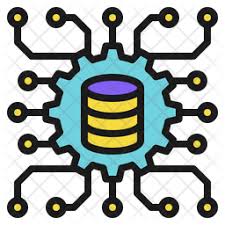
Augmented Reality & Virtual Reality
Augmented reality(AR) is a visual or audio “overlay” on the physical world that uses contextualized digital information to augment the user’s real-world view. AR-enabled smart glasses help warehouse workers fulfill orders with precision, airline manufacturers assemble planes and electrical workers make repairs. The power of bringing information to the point of action in a seamless, unobtrusive manner is undeniable. This blending of the physical and virtual worlds is cracking open a new realm for businesses across the board to explore.
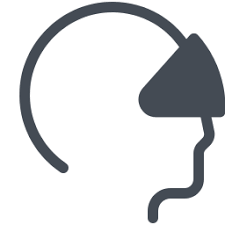
Virtual reality (VR) abolishes logistical limitations. In a computer-generated simulation of a three-dimensional image or environment, viewers can use special equipment to interact with the simulation in realistic ways. The gaming and entertainment industries are obvious proving grounds for VR. However, VR has the potential to transform many other industries as well, especially in the realm of experiential training where workers can be put into hazardous, difficult or cost-prohibitive situations without the intense risks associated with these activities in the physical world.
Blockchain
A blockchain is a distributed digital database or, more broadly, a digital ledger that uses software algorithms to record and confirm transactions with reliability and anonymity. The record of events is shared between many parties and information once entered cannot be altered. Blockchain has the potential to usher in an era of autonomous digital commerce
Drones
Depending on their design, drones vary greatly in their capacity. Some drones need wide spaces to take off, while quadcopters can squeeze into a column of space. Some drones are water based; others can operate and navigate semi-autonomously (via remote control) or fully autonomously (via onboard computers). Companies are using drones for wide-ranging reasons, including surveillance, survey, sport, cinematography and delivery.
Robotics
Robots are machines with enhanced sensing, control and intelligence used to automate, augment or assist human activities. The robot market is poised for growth in a broad range of services applications. These applications are transforming manufacturing and non-manufacturing operations with new capabilities that address the challenges of working in changing, uncertain and uncontrolled environments, such as alongside humans without being a danger to them.
3 D Printing
3-D printing creates three-dimensional objects based on digital models by layering or “printing” successive layers of materials. 3-D printing relies on innovative “inks,” including plastic, metal and, more recently, glass and wood. 3-D printing has the potential to turn every large enterprise, small business and living room into a factory.
Other Emerging Technologies which are bound to gain lot of use
Biometrics
Worldwide, more than four billion people are connected to the Internet, spending an average of roughly six hours per day on Internet-enabled devices and services. In Thailand and the Philippines, average daily usage is 9.5 hours; in the United States, 26% of the population is online “almost constantly;” and one billion more people in the world are projected to join the ranks of internet users by 2022. Yet as we embrace the digital world, the complexity of navigating it securely, efficiently, and in a personalized manner becomes more acute. Biometrics is emerging as one of the promising solution.
Security will be improved by biometrics by allowing people and devices to authenticate and move seamlessly through the world.
Technology in Bio-Medical & Healthcare
Disruption of the Bio Revolution is vast and poised to influence a wide range of industries. New crosscurrents are already emerging, with four rising to the top:
- the importance of biological capabilities as a source of competitive advantage
- the growth of platform-based business models accelerating scientific discoveries
- the opportunity for more personalization and precision products and services
- the spread of new relationships driven by barbell-shaped ecosystems
There is a complete world of Technology which will become a key driver in Bio-medical sciences and Healthcare. Check a report by Mckinsey
Serverless Computing
Serverless computing, or Function as a Service (FaaS), allows companies to build applications that scale in real time so that they can respond to demand that can change instantly depending on orders of magnitude. FaaS offers a consumption-based platform so that developers can quickly and cost effectively deploy applications.
5G
5G offers improvements over 4G, such as low latency, intelligent power consumption and high device density. 5G will make augmented reality, smart cities and connected vehicles possible.
Natural Language Processing
NLP is a field of AI that enables computers to analyze and understand human language. Speech-to-text converts human language into a programming language. Text-to-speech converts a computer operation to an audible response.
References
- https://www.pwc.in/consulting/technology/emerging-technologies.html
- https://www.techrepublic.com/article/top-10-emerging-technologies-of-2020-winners-and-losers/
- https://www.mckinsey.com/mgi/overview/in-the-news/the-case-for-digital-identification
- http://www3.weforum.org/docs/WEF_Top_10_Emerging_Technologies_2019_Report.pdf
- https://www.mckinsey.com/business-functions/sustainability/our-insights/sustainability-blog/these-9-technological-innovations-will-shape-the-sustainability-agenda-in-2019
- https://www.mckinsey.com/business-functions/mckinsey-digital/our-insights/tech-forward/the-power-of-emerging-technologies-finding-value-through-data
- https://www2.deloitte.com/us/en/insights/topics/emerging-technologies.html
